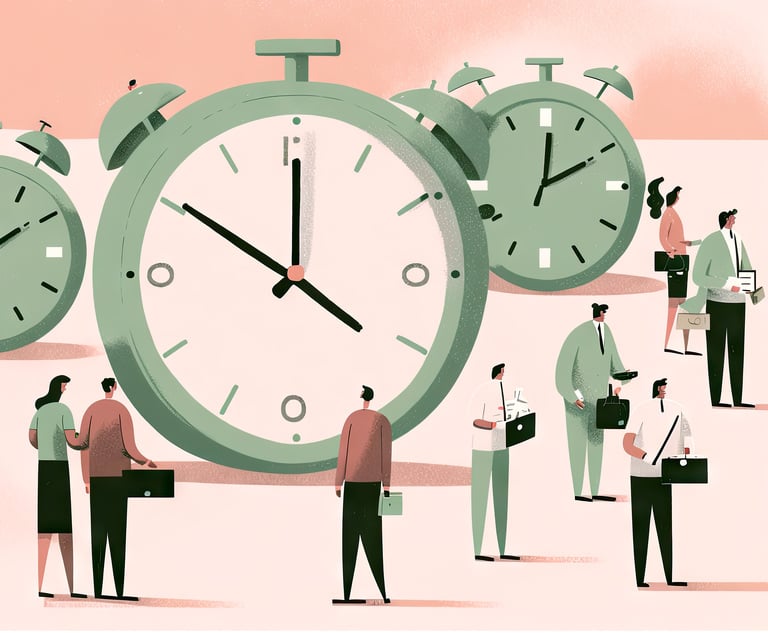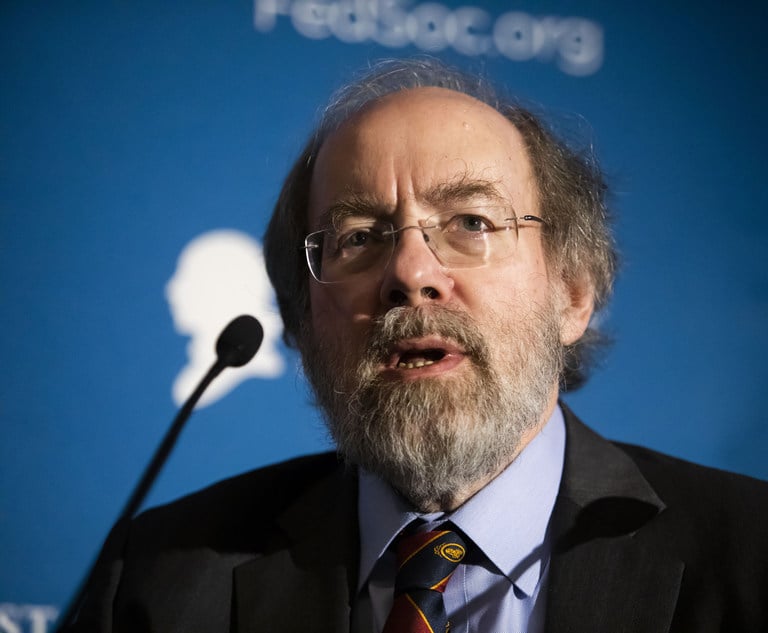It was a packed house at the U.S. Supreme Court on Monday morning. Was it because this was the first Monday in October, the big day for Supreme Court aficionados? Or was it because Supreme Court practitioners wanted to see how the court’s new policy giving advocates two uninterrupted minutes of argument time would work out?
Either way, the lawyers’ section was full. Former deputy solicitor general Michael Dreeben, who was accustomed to sitting at the counsel table for his hundred-plus arguments, this time had to sit in the public seating because of the crowd. And outside, the lines were growing longer by the minute, with some stalwarts waiting to hear Monday’s arguments and others camping out for seats Tuesday, when the justices hear landmark arguments over workplace civil rights protection for LGBTQ employees.


 The U.S. Supreme Court advises advocates generally will get two minutes of uninterrupted argument time at the start.
The U.S. Supreme Court advises advocates generally will get two minutes of uninterrupted argument time at the start.





